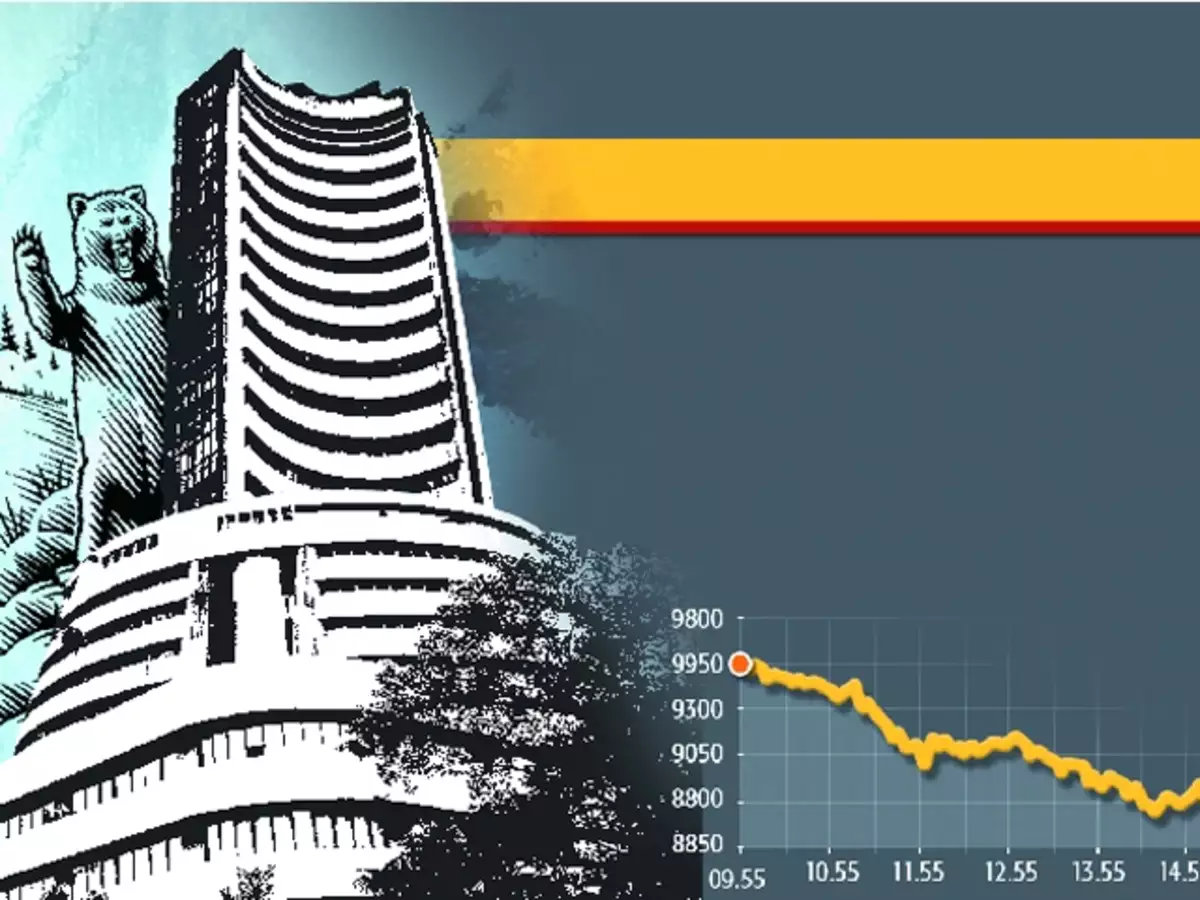Indian Market Resilience Amid FII Sell-Off

The Indian equity market is currently facing significant sell-offs by foreign institutional investors (FIIs). Despite this trend, Finance Minister Nirmala Sitharaman has reassured stakeholders that these movements are primarily due to profit booking rather than a fundamental weakness in the Indian economy. As FIIs have offloaded substantial amounts of stocks, concerns have arisen about the long-term implications for the market. However, government officials maintain that India remains a robust and attractive destination for investment.
Understanding the FII Sell-Off
In recent months, FIIs have sold stocks worth over ₹1.56 lakh crore, with nearly ₹1 lakh crore sold in 2025 alone. This has led to a notable correction in market indices, causing a decline in investor wealth. Finance Minister Nirmala Sitharaman addressed these concerns, emphasizing that profit booking is a natural part of market dynamics. She stated, “FIIs also go out when they are able to or in a position to book profits.” This indicates that the current sell-off is not necessarily a sign of a weakening market but rather a strategic move by investors who have seen strong returns.
Sitharaman’s comments suggest that the Indian market is still performing well overall. She highlighted that the current economic environment in India is conducive to investment, with many sectors yielding good returns. This perspective is crucial for maintaining investor confidence, especially during periods of volatility. The government believes that the sell-off is a temporary phase and that the Indian market will recover, as it has demonstrated resilience in the past.
Government Officials Weigh In
Finance Secretary Tuhin Kanta Pandey provided further insights into the situation. He clarified that the sell-offs by FIIs do not indicate a shift in interest from India to other emerging markets. Instead, he noted that many investors are returning to their home countries, particularly the United States, due to global uncertainties. Pandey reassured stakeholders that these movements are often temporary and that India remains the fastest-growing large economy.
He emphasized that investor sentiment is influenced by growth prospects and that the Indian market has shown resilience against global headwinds. The recent Union Budget introduced pro-growth measures that are expected to bolster investor confidence. Pandey’s remarks highlight the government’s commitment to maintaining a favorable investment climate, even in the face of external challenges.
No Need for Market Intervention
Ajay Seth, Secretary of the Department of Economic Affairs, dismissed suggestions for government intervention in the markets due to the heavy sell-offs. He stated that such actions would only be warranted in cases of market failure, which is not the current scenario. Seth explained that equity markets do not solely operate based on government policies. In times of uncertainty, foreign investors often gravitate toward developed markets.
He acknowledged that while India has shown resilience to global events, it remains partially connected to broader economic trends. This connection means that external factors can influence market behavior, but it does not necessarily indicate a fundamental weakness in the Indian economy. The government’s stance is clear: they believe in allowing the market to correct itself without unnecessary interference.
Commitment to an Investor-Friendly Environment
Amid concerns regarding U.S. tariff policies, Finance Minister Sitharaman reaffirmed India’s commitment to fostering an investor-friendly environment. She pointed to recent Budget announcements that include reforms in customs duties aimed at enhancing trade and investment. Over the past two years, India has implemented several measures to protect local industries and jobs through tariff adjustments.
Sitharaman’s focus on creating a conducive environment for investors is crucial for maintaining confidence in the Indian market. By periodically reviewing anti-dumping and safeguard duties, the government aims to ensure that the market remains attractive to both domestic and foreign investors. This proactive approach is essential for sustaining growth and stability in the Indian economy, especially during challenging times.
Observer Voice is the one stop site for National, International news, Sports, Editor’s Choice, Art/culture contents, Quotes and much more. We also cover historical contents. Historical contents includes World History, Indian History, and what happened today. The website also covers Entertainment across the India and World.

